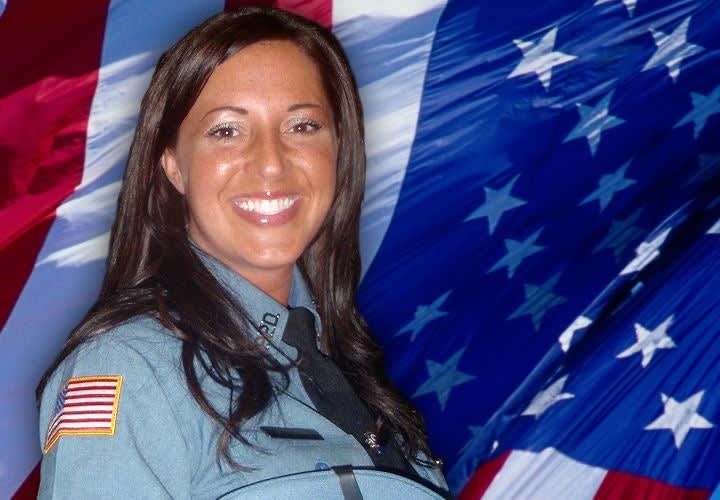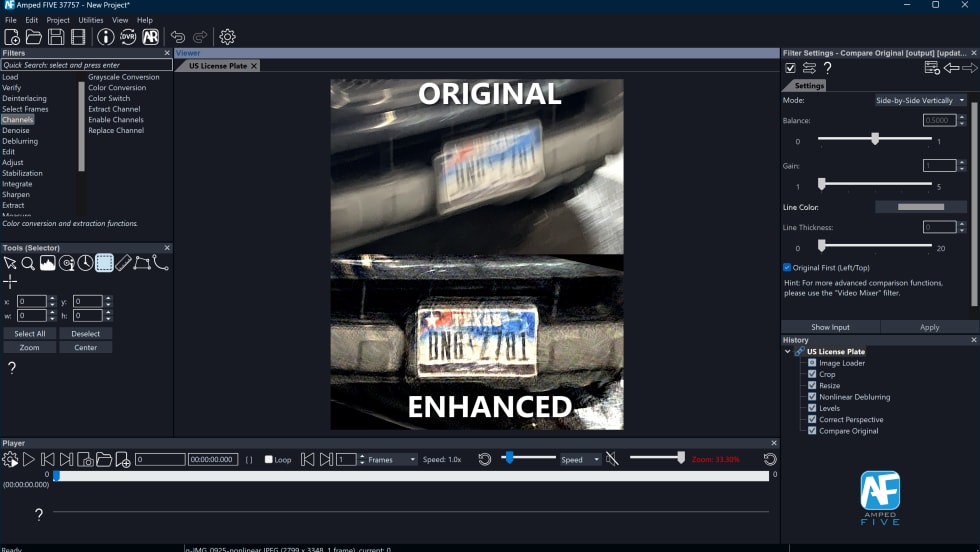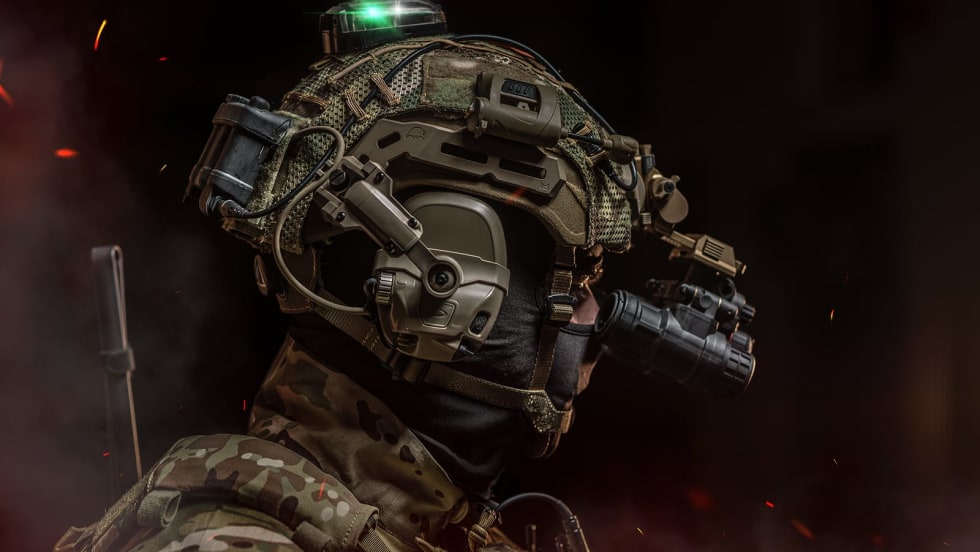"You feel like you were just burned," says the 32-year-old
Paramus (N.J.) Police Department
detective. "You just feel not right. It's a very heavy, sick feeling."
Less than 30 minutes earlier, Morgan had initiated a pursuit of an Acura after its driver, 23-year-old Michael Carmody, swerved in front of her cruiser. A short pursuit led her to the Garden State Parkway, where she saw her target lodged in a snow bank next to an on-ramp. Carmody lost control in a curve and the vehicle had turned 180 degrees to face the officer's cruiser.
Det. Morgan had approached the Acura to extricate Carmody, who opened fire. As Morgan backed away from the shooter, backup officer Ryan Hayo engaged the suspect, who continued firing from inside his stolen silver Acura. A third round struck Morgan's hip as she reached for her sidearm, dropping her into the snow on that chilly Super Bowl Sunday evening.
The gunfire stopped. Carmody had
shot himself
in the head. While her assailant took the easy way out, Morgan's struggles had just begun.
Her fellow officers began removing her duty gear and ballistic vest. That's when they found one of the bullets—it had deflected off her hip joint, exited out her chest, and struck the inside of the vest. The second round entered her abdomen, punctured her bladder, and exited her back.












